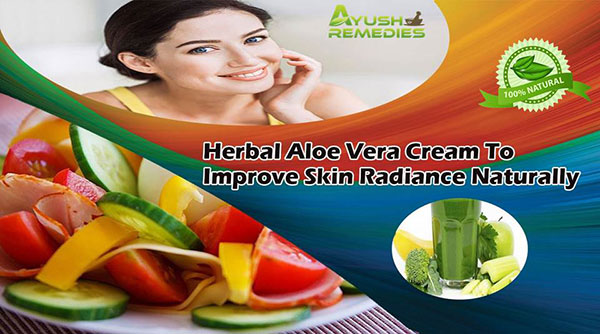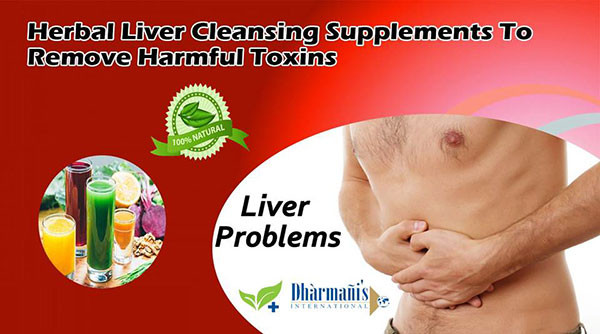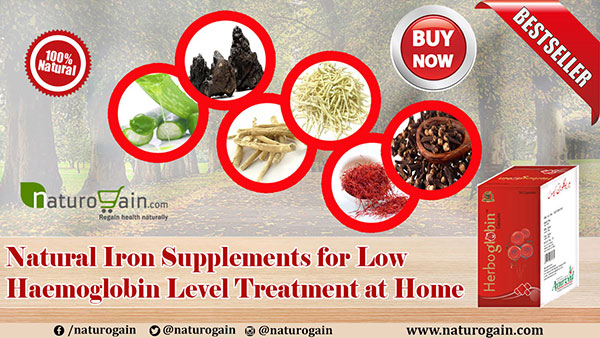Herbal Aloe Vera Cream To Improve Skin Radiance Naturally

Users buy top brands to cure sagginess, open pores, lack of glow, acne, spots etc., as they are fascinated by popular models in their ads. Most skin care products have temporary nourishing impact on skin and these do not reverse aging effects, or reduce wrinkles, or prevent uneven skin tone or loss of firmness. Alternatively, the antioxidants in the herbal aloe vera cream can prevent cell damage and has wonderful effect as natural hydrating agent on skin. It protects skin from radiation, burns, cuts, sores and heals skin damage faster. Rubbing Aloe Vera Gel can prevent inflammation and redness. It prevents dryness and peeling off of top layers and can treat eczema and skin pigmentation.
Aloe Vera Gel contains polysaccharides and glycoproteins where polysaccharides have the property to repair skin and promote skin growth, and glycoproteins can heal wounds and damage of the skin layers. Aloe vera skin moisturizing cream inhibits acid secretion and promotes wound contraction due to mitosis of epithelial cells. Most skincare products work as sun blocks which cannot reduce wrinkles, whereas, herbal aloe vera cream not only provides protection from sun’s photo damage but can be applied to get rid of wrinkles and signs of aging on face and neck. Its regular use on skin can reverse the condition of dryness, mainly, due to the presence of amino acids, which provides protection from harsh environmental conditions including UV rays.
Herbal aloe vera cream promotes harmless wound healing. A controlled clinical trial on female subjects over 45 years of age found the use of aloe vera helped in increasing oxygen access to tissues and improved blood supply to the inner skin layers. It increased collagen proliferation and fibroblast activities. The study found - the use of the aloe vera was able to reduce wrinkles and had anti-aging effects. The collagen formed from the use of the extract was of high quality as it enhanced cross linking. Its regular use prevented hypersensitivity of the skin to antigens and candida infections.




Comments
Post a Comment